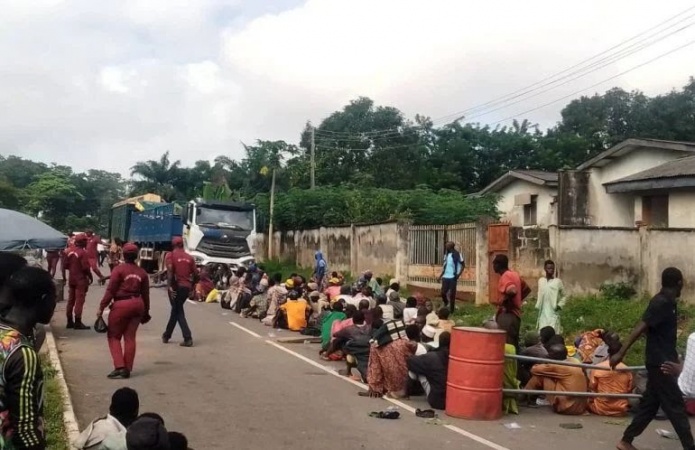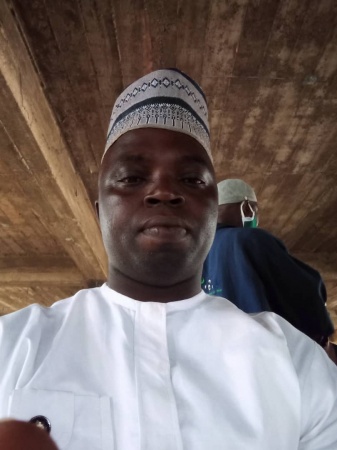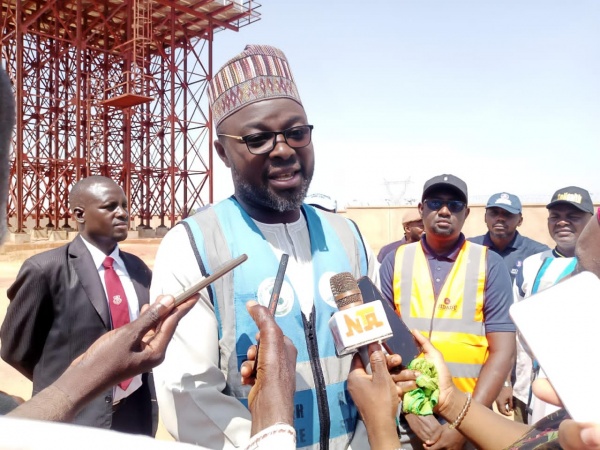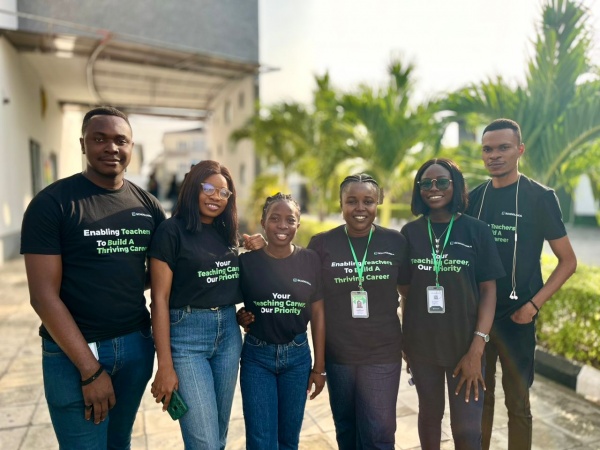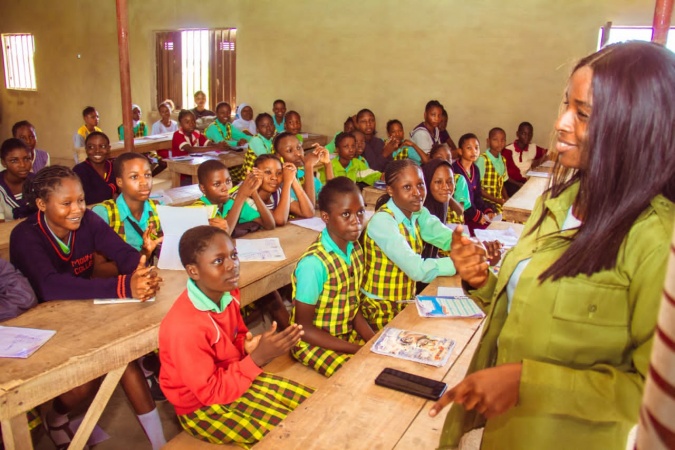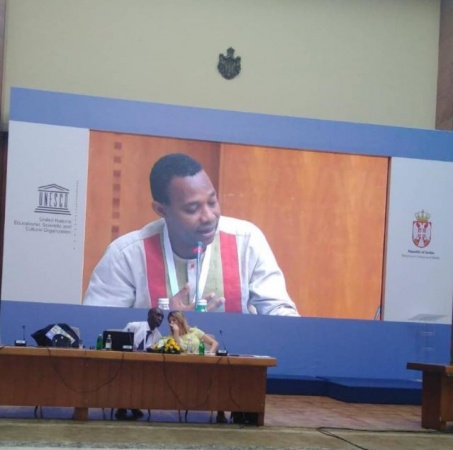Wi-App expresses disappointment over inadequate assistive election materials for PWDs
Posted by Ahmed Iyanda | 2 years ago | 1,227 times
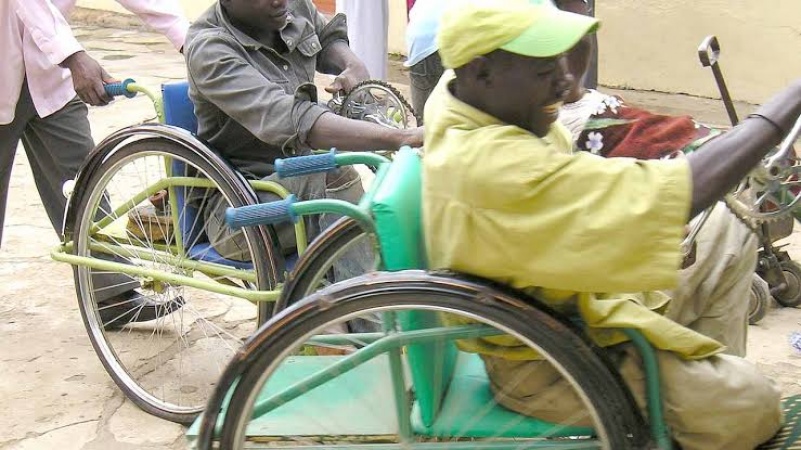
We Included Application (Wi-App), a Civic organization, has expressed its disappointment over the inadequate of assistive materials at Polling Units that enable easy voting for People Living with Disabilities PWDs in the recently concluded Governorship and State House of Assembly elections in Nigeria.
This was contained in a post-election situation report signed by the convener of the group Obasanjo Fajemirokun.
According to him, Wi-App deployed 45 election eyewitnesses (E2) in 11 states for the Governorship election that took place in 28 states across the nation. The organization observed low participation of PWDs and high participation of women in the election.
Wi-App's post-election report revealed that during the Governorship and House of Assembly elections held on March 18th, 62% of sampled polling units lacked assistive devices for PWDs, and only 38% of sampled polling units in 11 states had one or more assistive devices for PWDs.
The group noted that PWDs' participation was as low as 1% in Enugu and 7% in Cross River, while it was as high as 32% in Kano.
WI-APP, which is aimed at increasing the inclusion of women, young people, and persons living with disabilities (PWDs) in Nigeria’s electoral process, observed low participation of PWDs and high participation of women.
“From our collected data on women and PWDs, we observed 3% participation from PWDs and 97% participation of women in our sampled polling units in 11 states.”
“PWDs participation in sampled polling units shows 16% participation in Lagos, 7% in Cross River, 1% in Enugu, 32% in Kano, 4% in Nassarawa, 7% in Niger, 13% in Ogun, 16% in Oyo, 1% in Kwara, no participation of PWDs in Ekiti and Ondo States.”
On Women participation by states, the Wi-App eye-witnesses observed in sampled polling units that 32.2%
participation in Lagos, 3.8% in Cross River, 0.4% in Ekiti, 2.1% in Enugu, 12.8% in Kano, 4.5% in Kwara, 3.4% in Nassarawa, 4.1% in Niger, 18% in Ogun, 15.5% in Oyo and 3.2% in Ondo States.
Wi-App commended the Independent National Electoral Commission (INEC) for the early arrival of officials at polling units, but criticized the inadequate deployment of assistive tools to polling units with registered PWDs.
He said, “In the polling units observed, Wi-App observers noted the early arrival of INEC officials at polling units. Our findings reveal that over 52% of INEC ad-hoc staff started accreditation of voters at the polling unit between 8:00 am and 8:30 am, 27% started between 8:31 am to 9:00 am, 11% between 9:00 am to 9:30 am, 5% between 9:31 am to 10:00 am while 5% started accreditation from 10:00 am,” he said.
“This new development showed that the electoral body learned lessons from the last presidential elections and improved the early arrival of staff to commence accreditation,” he added.
In addition, Wi-App witnessed several incidents, including electoral process disruption by thugs in Darmanawa, Tarauni Local Government in Kano State, an attack on a journalist at a polling unit in Nasarawa State, and a child voter being accredited in Ogun State. Thugs also disrupted the voting process in Lagos and Ogun States, while a female vote buyer was caught secretly buying votes in Kano State and subsequently arrested by security agents.
The Organisation however urged INEC to investigate reasons for the inadequate deployment of assistive tools to polling units with registered persons with disabilities, which can disenfranchise them. Also, “INEC should work more closely with EFCC and ICPC to be deployed to most polling units across Nigeria to curb vote buying.”
